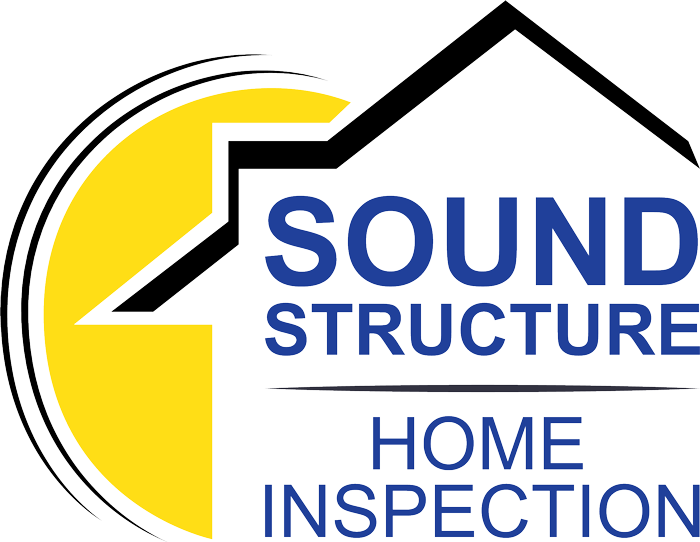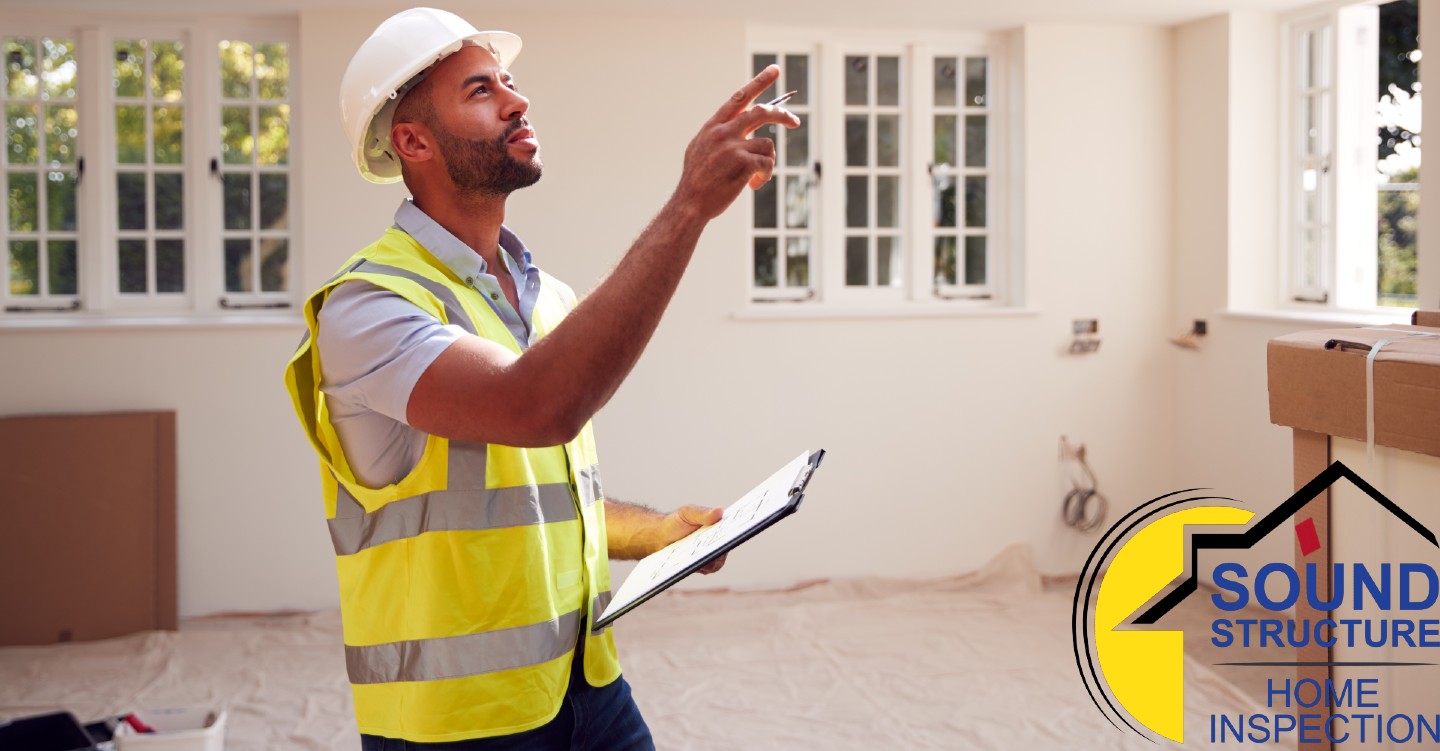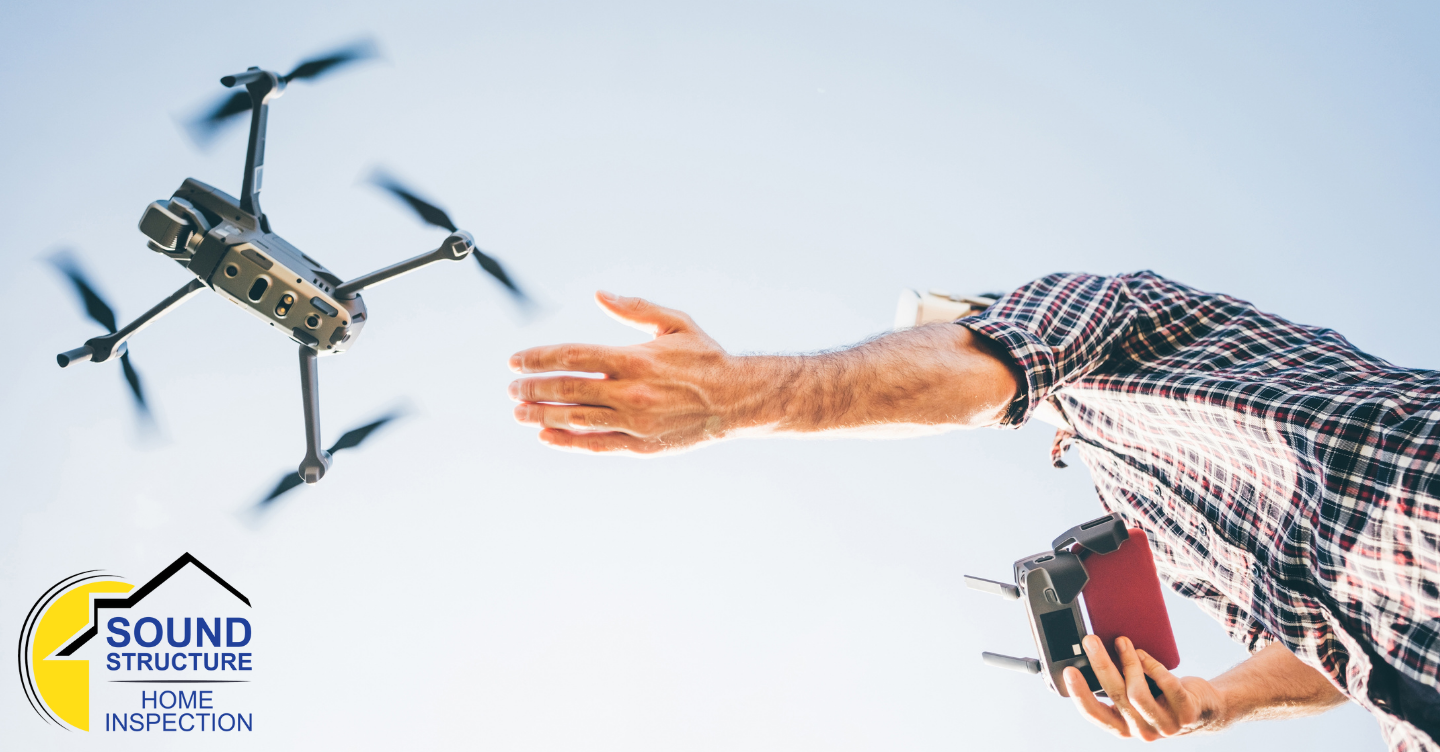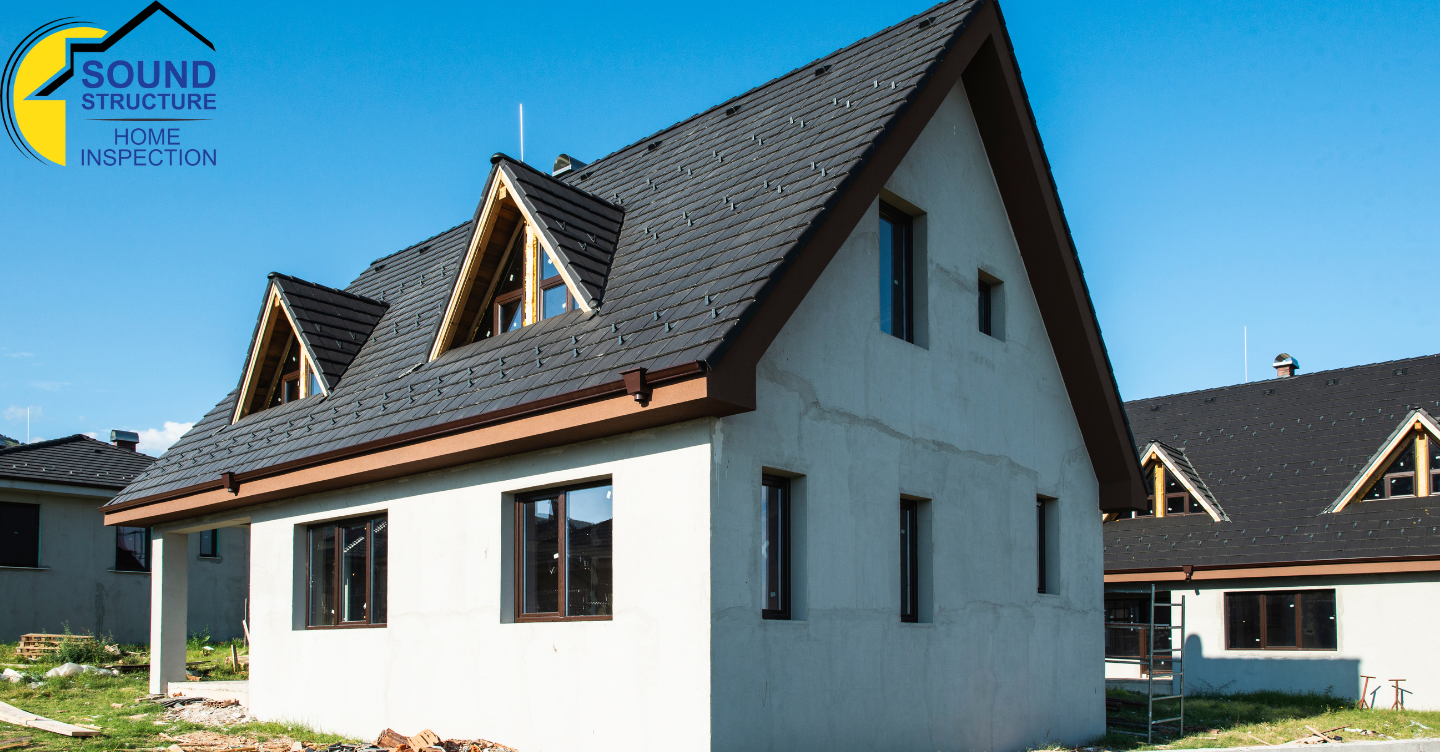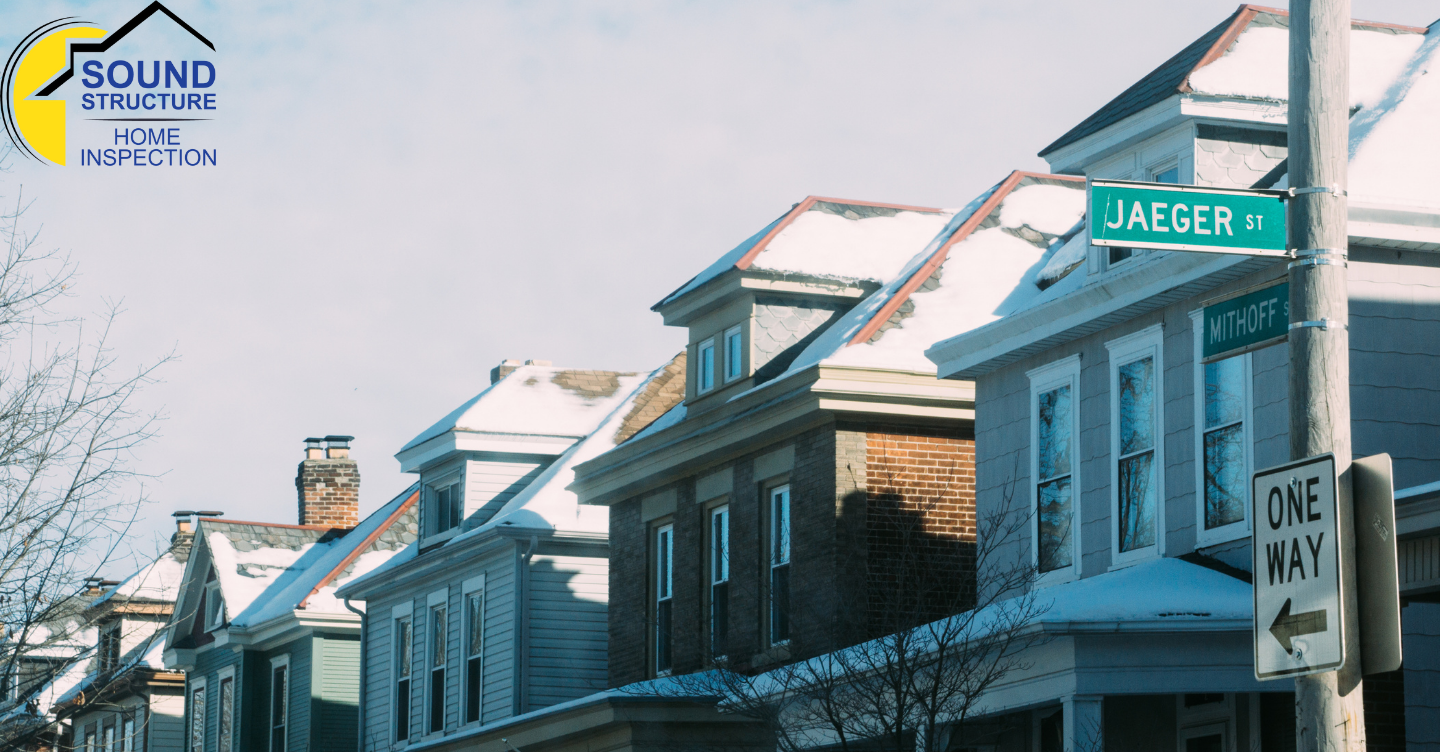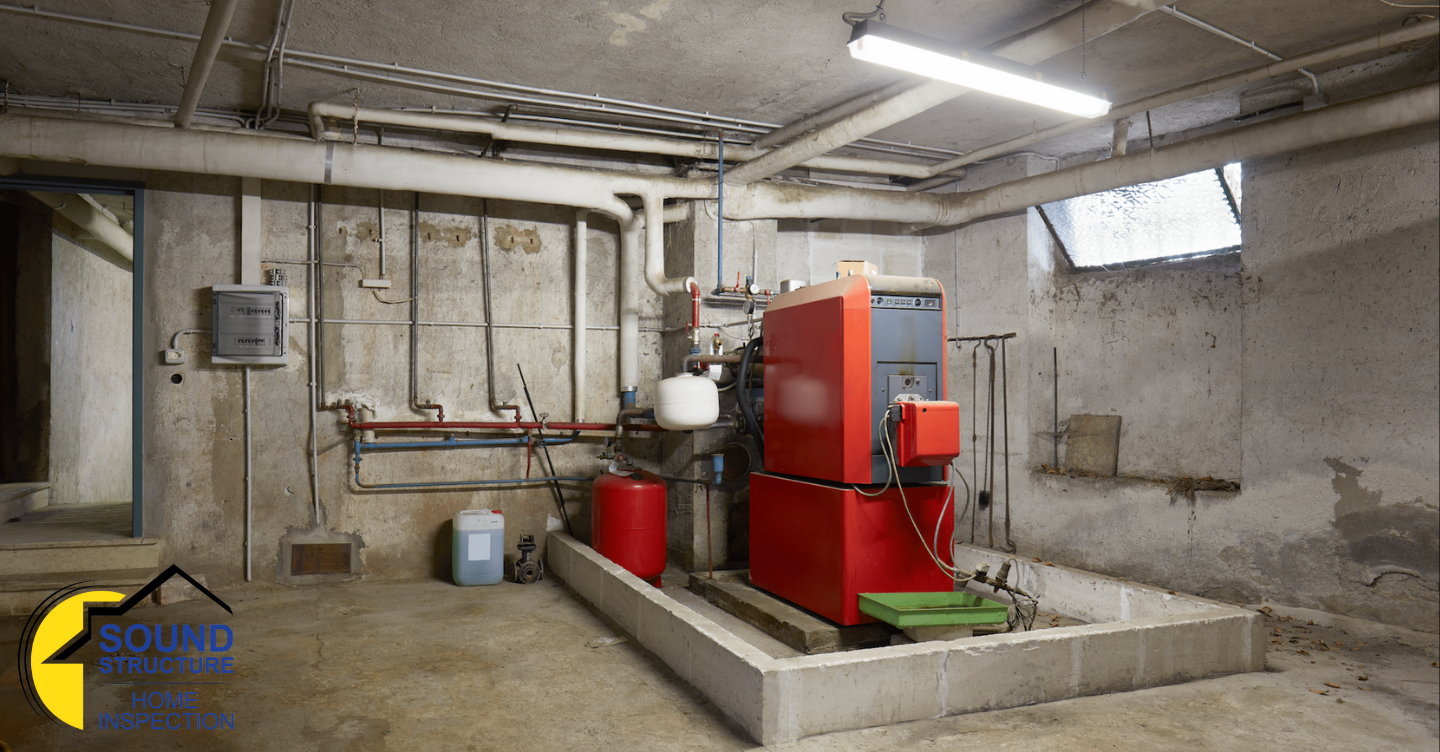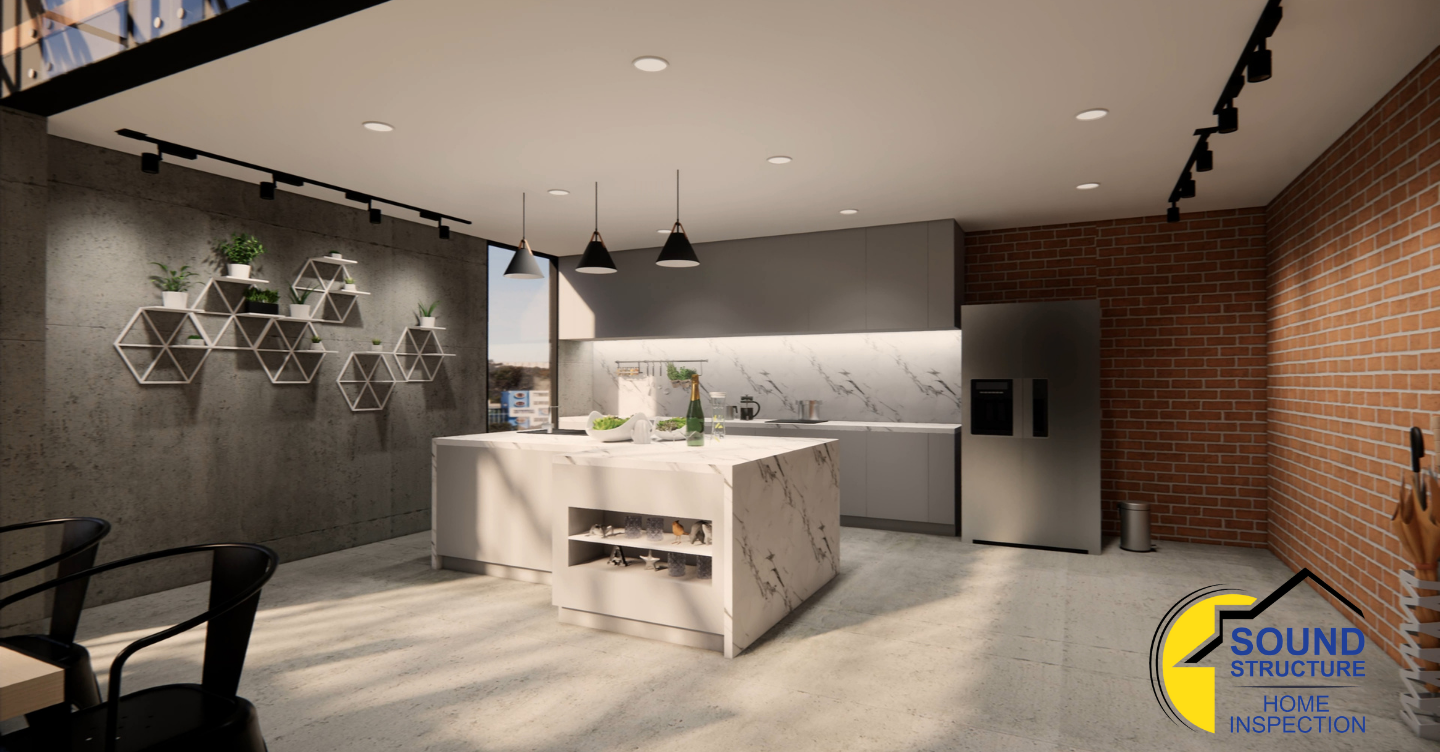Mold Testing and How Home Inspectors Do It
You may not think of mild testing as a key step in the home buying process. However, it is an important step to consider no matter if you are a buyer or seller. It gives you an idea of if there are serious problems that need to be addressed before purchasing. Not every home inspection company provides an investigation into mold. That said, those that do can look at multiple aspects of your home and find potential problems, saving you time and money down the road. Here is how home inspectors perform mold testing.
Is Mold Testing Needed?
There are a number of benefits of doing a mold test before you decide to buy a home. It provides a sense of the quality of the are in the house. This is important especially if you are unsure how well the home has been maintained. In addition, the smell of mold indicates a significant issue in most cases. By having a mold test done, potential homeowners are performing due diligence to ensure the quality of the home is sound.
How Mold Tests Are Done
The process of mold testing is relatively straightforward. It starts by visually inspecting potential mold sources. Inspectors may ask during a consultation if you have a suspicion where mold could be located. From there, a sample of the surface is collected. This can be done in multiple ways. An inspector may want to take a bulk sample of the possible area for review. In addition, a cotton swab can be used to swipe a smaller section of the surface in question. If an inspector wants to take samples from the air, they will use a trap to capture spores. Once the test is complete, inspectors suggest remediation if mold is found.
Areas That Are Checked
The majority of mold inspections involve looking at specific locations throughout the home. This includes examining the HVAC system the house has. Many times, mold can be found in the indoor air handler or furnace and even on vent covers. This can be problematic, as spores located in an HVAC unit can circulate throughout the home. Another location checked is the attic. It’s not difficult to detect mold growing on wood, and checking for it early prevents the possibility of wood rot and structural damage.
How Long Does It Take?
On average, a basic inspection for mold takes 2 hours to complete. For more detailed inspections on an entire house, it can take up to 6 hours. Following an inspection, an inspector will have an idea of the amount of mold the home has. However, they will wait until the full results of the inspection arrive before fully indicating the presence of mold. Typically, the results take 24-48 hours to appear. The report will indicate the count of specific spores in a room, as well as visual findings.
Call Us for Mold Testing
Inspecting for mold is an essential part of buying a home. It provides the information needed for homebuyers to determine if a house needs remediation. Schedule a mold test with our team of inspectors today.
